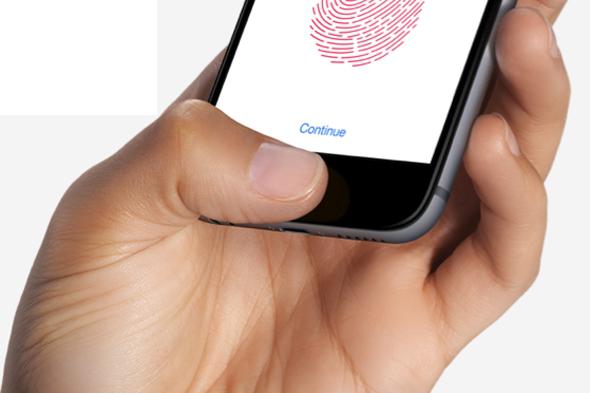Severed fingers can’t unlock smartphones, but that doesn’t mean your personal data is safe behind a fingerprint scanner. A Virginia circuit court judge ruled this week that defendants facing criminal charges can be required to unlock their smartphones for law enforcement. The ruling doesn’t apply to pass codes.
In the case, EMT David Baust was charged with strangling his girlfriend. He had video equipment in his bedroom, where the couple fought before the violent incident, and prosecutors wanted to check Baust’s smartphone to see whether it contained footage of the confrontation.
James Broccoletti, Baust’s attorney, countered that compelling him to unlock his phone would violate his Fifth Amendment right against self-incrimination.
Judge Steven C. Frucci ruled that people can be required to share not just a print of their finger, but their actual fingertip in the course of an investigation, like a DNA swab or handwriting sample, to unlock a device. But he said that pass codes don’t apply because they are abstract knowledge, which is legally protected.
Local news outlet the Virginian-Pilot reports that Macie Pridgen, a spokeswoman for the Commonwealth’s Attorney’s Office, said prosecutors haven’t decided yet whether or not to appeal. It is unclear whether Baust had fingerprint protection plus a passcode on his smartphone, or just one.
The case is reminiscent of a concept put forth by Justice John Paul Stevens in a 1988 dissent that has been referenced by the Court numerous times since. He wrote:
A defendant can be compelled to produce material evidence that is incriminating. Fingerprints, blood samples, voice exemplars, handwriting specimens, or other items of physical evidence may be extracted from a defendant against his will. But can he be compelled to use his mind to assist the prosecution in convicting him of a crime? I think not. He may in some cases be forced to surrender a key to a strongbox containing incriminating documents, but I do not believe he can be compelled to reveal the combination to his wall safe—by word or deed.
The concept that a person cannot be compelled to reveal “the contents of his own mind” has since made its way into other Supreme Court decisions, and it is generally established that police can force someone to open their safe with a key, but not with a memorized code. (Similarly, there is currently debate about whether suspects can be forced to decrypt files that may incriminate them.)
Welp, maybe fingerprint scanners won’t help make smartphones more secure after all. Good try, everyone.
